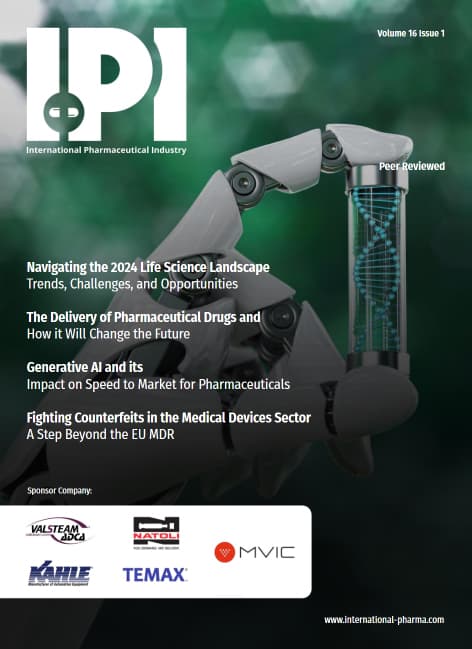During the global pandemic, the importance of transporting vital vaccines and medicines was brought sharply into the spotlight. COVID-19 amplified just how important air cargo is, and everyone’s dependence on it to transport food, medicines, PPE, e-commerce –, only air cargo makes it possible to transport vaccines at speed, to destinations thousands of miles from its manufacturer.
As the world changed, the air cargo industry swiftly adapted its offerings to accommodate the transportation of temperature-controlled goods. The industry saw a rapid change of operations, as companies adapted quickly to shift from belly hold movements on passenger services to offering a comprehensive schedule of cargo-only flights. Some cargo companies even launched brand new charter services to provide the capacity customers so desperately demanded. These types of adjustments meant setting up new and dedicated charter teams.
Over 20,000 tonnes of PPE and large quantities of sanitiser, ventilators and COVID-19 testing kits were flown across our network. Towards the end of 2020 and into 2021, on an almost weekly basis, we were transporting COVID-19 vaccines via a dedicated cold chain product, to many parts of the world.
Today, the air cargo industry transports a vast amount of pharmaceutical goods with 28% of the industry’s cargo being biopharmaceuticals and approximately 35% of all pharmaceuticals being transported by air.12
The air cargo industry is well versed in delivering temperature-sensitive pharmaceutical and bio-science products, to service multiple sectors of the global economy. In particular, pharmaceutical products are high in demand in countries such as the U.S. and UK, with supply mainly coming from locations such as India, Dublin and Puerto Rico, which are increasing their production of pharmaceutical products.
Behind every tablet, vial, and vaccine, there exists an intricate web of logistics and transportation that ensures these life-saving medicines reach their intended recipients safely and securely. The delivery of essential items such as pharmaceuticals comes with its own set of challenges, and relies on key players in the industry and innovative technology solutions, to provide an efficient and smooth service.
Global Pharmaceutical Trends
The pharmaceutical industry is a global endeavor, with medication traversing continents, borders, and oceans. Since Covid-19, a greater emphasis has been placed on vaccines. As the world continues to battle remnants of coronavirus, new booster shots and the flu, vaccines continue to be of vital importance.
In recent years, East Asia, particularly India and China, has emerged as a pharmaceutical powerhouse as over half of the pharmaceutical products imported to America are from India, China, and Mexico.3
These nations play a pivotal role in the manufacturing of generics and Active Pharmaceutical Ingredients (APIs). Their contributions underscore the global nature of pharmaceutical supply chains, which cross the planet in a complex format to meet the ever-growing demand for healthcare products. India continues to see growth because of a series of legislation, the economic environment, and timely actions. In fact, it has been marked as the ‘pharmacy of the world’, supplying over 200 countries with pharmaceutical products, and contributing to 60 percent of the world’s supply of vaccines.4

























